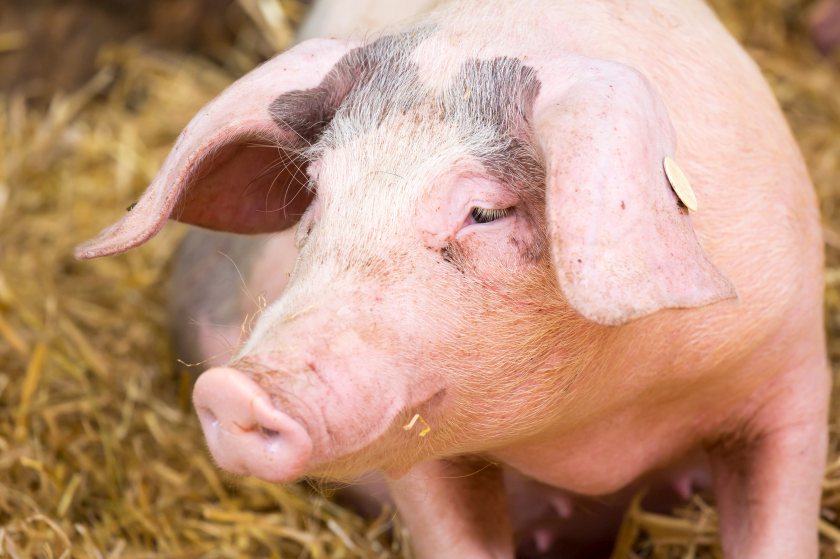
Any outbreak of African swine fever (ASF) in the UK would have catastrophic consequences for the entire pork supply chain, industry bodies warn in a new letter.
A coalition of pig and meat sector groups has written to Defra Secretary Steve Reed urging him to take immediate action to strengthen the UK’s national disease control measures.
The coalition warn that recent African swine fever (ASF) and foot-and-mouth disease (FMD) outbreaks in the EU "underscore the imminent risk to the UK".
They also say in the open letter to Mr Reed that there is "little confidence" that the Animal and Plant Health Authority (APHA) possesses the capability to detect or control an exotic disease outbreak.
Without immediate and effective controls, there is a "very real danger" of ASF reaching UK pig herds, which would have "catastrophic consequences for the entire pork supply chain", the coalition states.
Whilst ASF doesn’t affect humans, it is a highly contagious and fatal notifiable disease that is present in parts of Europe, Asia and Africa.
The new warning comes a day after the NFU called for a new cross-government biosecurity plan and sufficient border investment to counter the biosecurity risks that British farmers now face.
Today's letter touches on the same issue, highlighting how illegal meat imports, poor border biosecurity and inadequate control measures are increasing the risk of spread to the UK.
It was sent by the Association of Independent Meat Suppliers, the British Meat Processors Association and three pork processing firms, Cranswick, Pilgrim’s Europe and Sofina, with support from the National Pig Association and the British Pig Association.
They warn that an ASF outbreak would result in the culling of thousands of pigs, leading to significant animal welfare concerns and a nationwide movement standstill.
It would also include the suspension of pigmeat exports, worth £663m in 2022, and a domestic pork supply shortage, pushing up prices and further harming UK food security.
“Despite these risks, the UK’s Border Target Operating Model (BTOM)—intended to control and monitor commercial imports—is not functioning effectively,” the letter states.
“At Sevington Border Control Post, there should be 100 physical inspections per day, yet reports indicate that fewer than 10% of these are actually being completed.
“Additionally, the auto-clearance of loads without physical inspection is increasing the risk of illegal, contaminated meat entering the UK.
"Personal imports of up to 2kg of meat remain unchecked, despite government reassurances that stronger measures would be introduced. “
The letter also addresses the risk posed by illegal meat imports, 90% of which arrive via Dover. “We believe the government must urgently invest in targeted enforcement at key ports of entry.
"DPHA estimates that £4m would allow for the continuation and expansion of an inspection regime that could drastically reduce the risk of contaminated meat entering the UK,” the letter adds.
The organisations call for an outright ban on the personal import of all meat products, as is already the case in many countries worldwide.
They argue that this would provide a clear policy across all UK entry points, prevent contaminated meat from being smuggled and ensure greater control at the border.
The letter adds that the industry has "little confidence" in APHA’s ability to effectively detect and control exotic disease outbreaks.
They have "serious concerns that APHA lacks the trained personnel, operational infrastructure, and leadership required to respond to a large-scale animal health emergency."
A meeting hosted by Cranswick with Defra in March 2024 highlighted the lack of clear and timely disease management plans for ASF.
“We were informed that, in the event of an outbreak, it would take at least two weeks to pass emergency disease legislation—a delay that is wholly unacceptable given the rapid spread of such diseases,” the letter adds.
“Recent Pilgrim’s Europe and Defra discussions were against the backdrop of the continued ASF threat and FMD outbreaks in Europe, and have reignited concerns about the UK’s ability to respond effectively.”
